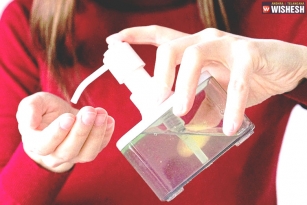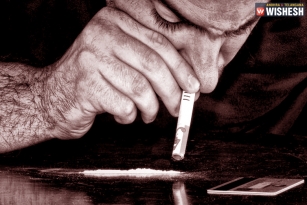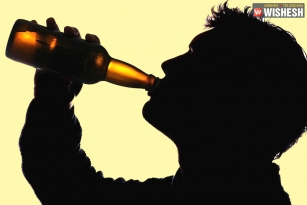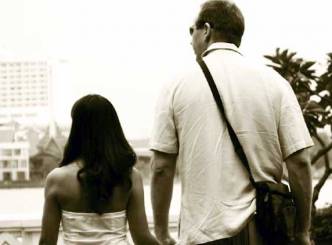
Basic mind set of you and me… whatever goes wrong with us, for what so ever reason we are upset, we ‘pity’ ourselves. Though till certain point of time it gives us self-satisfaction, after one point when behavior becomes a habit and then a routine of our lives, it is too hard for us to understand and live in the reality…
Here is the experience of one of my friend who has handled ‘Self Pity’;
I simply made a pact with myself that I would not allow myself to indulge in it any more. This was a re-training of my brain; a new way of thinking for me. In most cases, this “mental policy” worked out really well for me. However, when self-pity persisted, I had to seek other means.
If you force yourself to be physically active and really get your heart rate going, this will have a profound effect on your emotional well-being. If you move your body your mind will follow. Physical energy and motivation can empower your whole life. Getting in shape can be a springboard to better emotional health. This can be a huge piece of the puzzle that many people will overlook or simply discount. Get active and you’ll be happier for it!
When I needed to rationalize my drinking or drug use, my favorite technique was to feel sorry for myself. Sad but true. It always worked so well for me. I loved the feeling that my life was spinning out of control, and that people had done me wrong, and that I was a true victim. This really didn’t happen all that often in my life; people were actually pretty good to me. But whenever I got the chance, I loved to feel sorry for myself, and I used the feeling to justify my drinking.
Because I’m such a shy person, I’ve grown accustomed to using rejection to fuel my pity-parties. My diseased little mind thinks that rejection is the worst thing in the world–even worse than death itself. This irrational belief typically paralyzes me and keeps me from taking healthy risks. In my recovery, I’ve worked on this character defect, and gotten a little better at it. So I take more risks, and usually it pays off. But rejection is a part of life–experiencing rejection on an occasional basis is inevitable. It’s going to happen. So I’ve had to learn how to get over my tendency to throw an “internal pity-party.”
In the beginning of my recovery, I had lots of reasons to feel down on myself. As time went on, my life in recovery got better–in almost every way–and I learned how to stop mentally playing the victim role.
After going through all these, I life is all about thinking and handling each and every situation from the other side of the coin.
























